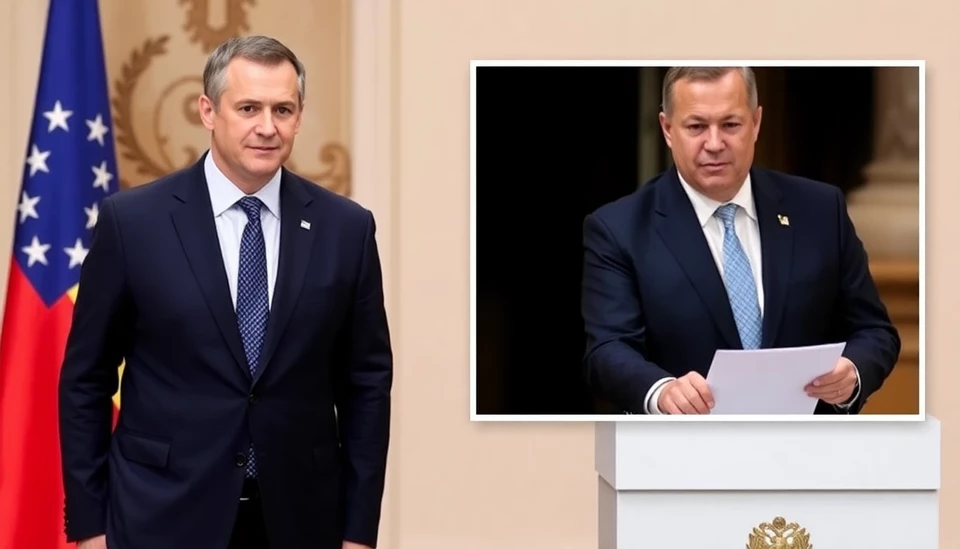
As Romania prepares for its imminent elections, all eyes are on the candidates and their proposed strategies to navigate the nation through a turbulent financial landscape. With economic uncertainties looming, the situation calls for decisive actions from whoever secures the presidential seat. The latest analyses indicate that the election winner will face an uphill battle marked by fiscal challenges, which could significantly influence their approval ratings and political longevity.
The backdrop of this electoral race is characterized by a surge in public dissatisfaction stemming from rising inflation and stagnant wages, which have strained the living conditions of many Romanians. Economic indicators reveal a situation where the average household is grappling with an increased cost of living, leading to decreased consumer spending and heightened public discontent. In a climate where everyday concerns overshadow political campaigns, candidates will need to address these pressing financial woes effectively to gain the trust of the electorate.
Despite the bleak financial horizon, the political arena has seen a flurry of activity as parties ramp up their campaigns. They are deploying various tactics to resonate with voters, ranging from promises of economic reforms to social welfare enhancements. Each candidate is not only competing for votes but also for the public's belief in their ability to implement policies that can uplift Romania from its current economic malaise.
Interestingly, analysts predict that the next leader will have to make difficult decisions which may not be well received. Given the current fiscal challenges, including burgeoning public debt and reduced economic growth projections, the elected official might be compelled to make unpopular choices, such as austerity measures or tax increases. This predicament raises a critical question: can the victor withstand the inevitable backlash from policies that could provoke public unrest?
Moreover, the political stakes are higher than ever, with the potential for increased polarization among voters. The electoral landscape shows a clear divide between those advocating for immediate, albeit painful, fiscal corrections and others who propose more gradual approaches focused on social safety nets. As candidates take to the stage, it will be fascinating to observe how they navigate this contentious terrain while attempting to unify a dissatisfied electorate.
As Election Day approaches, the prospect of financial pain weighs heavily on the electorate's mind. The potential for voters to choose a leader who might push them into economic hardship raises the stakes of this political contest. Each candidate's skill in both presenting and implementing realistic economic policies will be critical for their ability to govern effectively post-election. Ultimately, regardless of the chosen path, the next president of Romania is sure to face a challenging road ahead, one paved with fiscal difficulties and social expectations.
This unfolding political drama highlights the urgent need for solutions that go beyond mere campaign promises and offer tangible relief for Romanian citizens facing financial strains. The outcome of these elections will not only determine the leadership of the nation but could also impact the economic future of millions.
In conclusion, the stakes are unmistakably high as Romania approaches this crucial electoral moment. Financial stability remains at the forefront of public concern, and how the next leader addresses these pressing issues will shape the country’s trajectory for years to come.
#RomaniaElections #FinancialCrisis #EconomicChallenges #PoliticalLandscape #VoterDissatisfaction #FutureOfRomania
Author: Laura Mitchell




